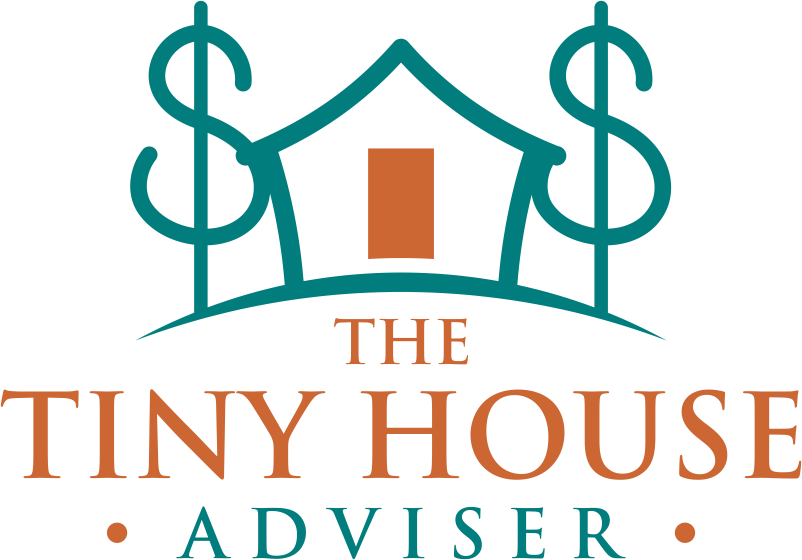EP 110: Modeling the Business of Affordable Housing: With Travis Duckworth of Sol Tiny
In a recent "Less House More Moola Podcast" episode, host Laura Lynch interviewed Travis Duckworth of Sol Tiny and Sol Learning Institute, a pioneer in affordable housing solutions and community development in Nevada County, California. This discussion highlights Duckworth's innovative approach to building sustainable tiny homes and fostering a thriving local economy, offering a blueprint for other communities. Building Community Through Tiny Homes: More Than Just Construction
Travis Duckworth's journey began with community engagement, a crucial "pre-work" that laid the foundation for Sol Tiny's success. This collaborative spirit led to the groundbreaking legalization of tiny houses on wheels as permanent dwellings in Nevada County, a year-long process driven by the county's need for affordable housing options. Sol Tiny's achievements underscore the power of strong community ties and a shared vision in addressing housing crises.Overcoming NIMBYism: Strategic Tiny Home Legalization
Legalizing tiny homes faced "Not In My Backyard" (NIMBY) sentiment. Sol Tiny's strategy involved building high-quality, aesthetically pleasing tiny homes to change perceptions. By initially limiting legislation to certified tiny houses on wheels, they secured a crucial "first win." This incremental approach, focused on tangible achievements, is paving the way for more inclusive affordable housing solutions in the future, demonstrating how to navigate housing policy challenges.Sustainable Living: Local Sourcing & Non-Toxic Tiny Homes
Sol Tiny is deeply committed to sustainability. They prioritize locally sourced materials, including reclaimed walnut wood, and build with non-toxic materials like low-VOC paints and soy-based plywood. This dedication to healthy living environments sets Sol Tiny apart, offering eco-friendly homes that are both affordable and safe. Their focus on sustainable building practices creates a positive impact on both residents and the environment.Economic Empowerment: Investing in Local Communities
Beyond environmental sustainability, Sol Tiny champions local economic empowerment. Duckworth discusses their innovative microloan initiatives, which keep capital circulating within the local economy, create jobs, and foster a sense of shared ownership. Sol Tiny also provides a platform for local artists and tradespeople, strengthening the local economy and demonstrating a holistic approach to business that prioritizes community well-being alongside profit. This model showcases the benefits of community-driven development.The Ripple Effect: Inspiring Change in Housing Development
Travis Duckworth envisions Sol Tiny and Sol Learning Institute as a model for change, aiming to inspire other communities to adopt similar ethical and community-oriented practices. By documenting their successes, they seek to create a "ripple effect" of positive impact. This includes challenging traditional housing concepts, encouraging builders to consider smaller, more multifunctional homes built with better materials, and promoting innovative housing solutions.Join the Movement: Build a Better Future with Tiny Homes
The work of Travis Duckworth and Sol Tiny highlights that addressing affordable housing requires innovation, collaboration, and deep community commitment. Their success in Nevada County proves that a for-profit business can operate with kindness, consciousness, and a focus on collective well-being.
Inspired to make a difference in your community? Travis encourages you to take the first step, be a voice, and an advocate. While Sol Tiny welcomes inquiries and offers insights (travis@sollearning.com, Sol Tiny, Sol Learning), the true call to action is to look within your own community and start building solutions, one relationship and one sustainable idea at a time.
Takeaways from the episode
“Sustainability in construction can be achieved through local sourcing and non-toxic materials.”
“Navigating NIMBYism requires understanding and addressing community concerns.”
“Building a business with community support can lead to sustainable practices.”
Subscribe to the podcast
Apple Podcasts | Spotify | Stitcher | Amazon Music | YouTube | RSS

